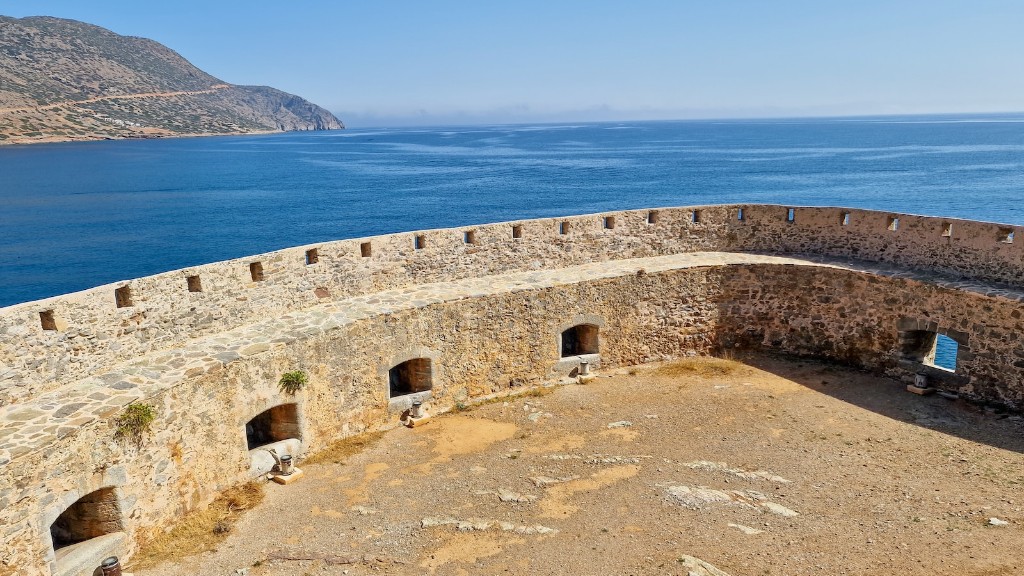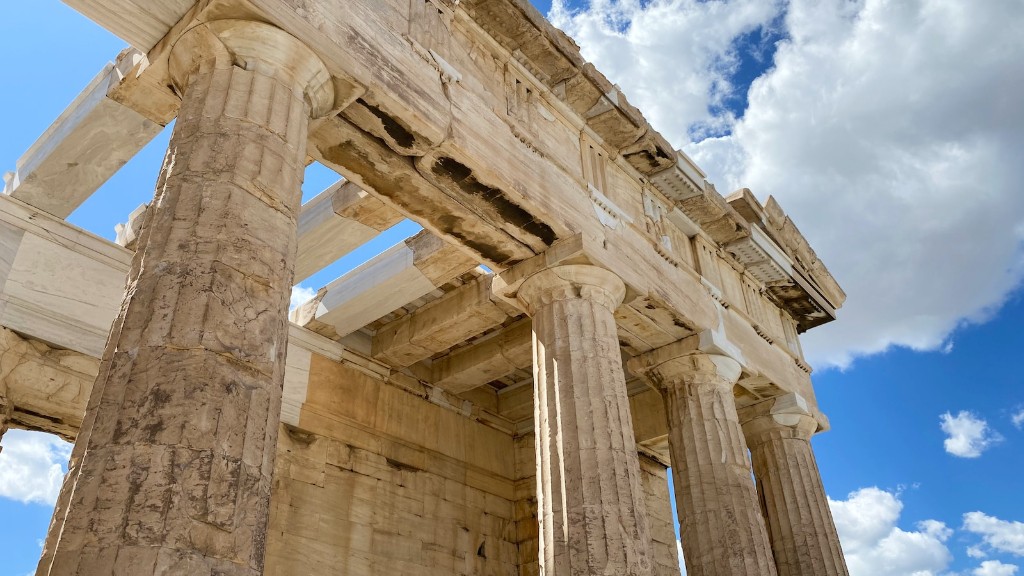The Decline of Ancient Greece
Introduction
Throughout history, civilizations have risen and fallen, each with its own unique set of circumstances. Ancient Greece, renowned for its contributions to philosophy, art, and government, experienced a decline that led to the eventual dissolution of its powerful city-states. Understanding the factors that contributed to this decline is crucial in gaining insight into ancient Greek society and drawing parallels to the challenges faced by modern civilizations.
Socio-Political Instability and Internal Conflicts
A significant factor in the downfall of ancient Greece was socio-political instability and internal conflicts within the city-states. Greek city-states, such as Athens and Sparta, engaged in frequent power struggles, leading to rivalries, political infighting, and social unrest. These internal conflicts weakened the collective strength of the Greek city-states, making them vulnerable to external threats.
Moreover, corruption and ineffectiveness in governance resulted in a lack of cohesion and unity within the city-states. Political leaders in ancient Greece, vying for personal gain and power, often neglected the common good. This undermined the trust of the citizens and further exacerbated the socio-political instability that ultimately contributed to the fall of ancient Greece.
Foreign Invasion and External Pressures
The vulnerability of ancient Greece was exploited by external forces, leading to foreign invasion and external pressures that accelerated its decline. The Persian Wars, fought between the Greek city-states and the Persian Empire in the 5th century BCE, marked a significant turning point. While the Greeks emerged victorious, the wars left a lasting impact on the stability and security of the region.
Subsequent invasions by the Macedonians under the leadership of Philip II and his son Alexander the Great further weakened the Greek city-states. As the Macedonian Empire expanded, the political autonomy and influence of the city-states diminished, leading to a loss of cultural identity and autonomy for the Greek people.
Economic Challenges and Decline in Trade
The economic challenges faced by ancient Greece significantly contributed to its decline. While the city-states were prosperous during the Classical period, economic factors played a vital role in their long-term decline. Declining agricultural productivity, coupled with inadequate farming methods, led to food shortages and economic hardships.
Furthermore, the reliance on slave labor, although widespread in the ancient world, hindered technological innovation and limited the efficiency of production. This dependence on slave labor created social divisions within Greek society and hindered economic growth.
The decline of trade routes and the rise of competing empires also impacted ancient Greece’s economy. As other powers, such as Rome and Carthage, emerged, they established their trade networks, diverting trade routes away from the Greek city-states. This shift in trade patterns weakened Greece’s economic standing, causing further economic decline and contributing to its ultimate downfall.
Cultural and Intellectual Stagnation
A contributing factor to the decline of ancient Greece was a period of cultural and intellectual stagnation. The classical era, characterized by philosophical and artistic achievements, saw a decline in innovation and intellectual vigor in the later Hellenistic period.
With the loss of political autonomy, Greek city-states experienced a decline in patronage and financial support for the arts and sciences. This decline, coupled with a more inward focus on self-preservation and survival, led to a stagnation of intellectual pursuits. The pursuit of knowledge and the fostering of intellectual curiosity, so prevalent in the earlier periods of ancient Greece, became less of a priority, contributing to the overall decline of the civilization.
Conclusion
The decline of ancient Greece was a complex process that encompassed socio-political instability, external pressures, economic challenges, and cultural stagnation. Internal conflicts within the city-states weakened their collective strength, allowing for foreign invasion and external pressures to further accelerate their decline. Economic challenges and a decline in trade routes led to significant hardships, while cultural and intellectual stagnation stifled innovation and progress.
By studying the causes of ancient Greece’s decline, we gain valuable insights into the fragility of civilizations and the importance of addressing internal conflicts, maintaining economic stability, and fostering a vibrant and intellectually driven society. History serves as a guide, reminding us of the necessity to continuously adapt and address the challenges we face in order to prevent the decline of our own modern societies.



